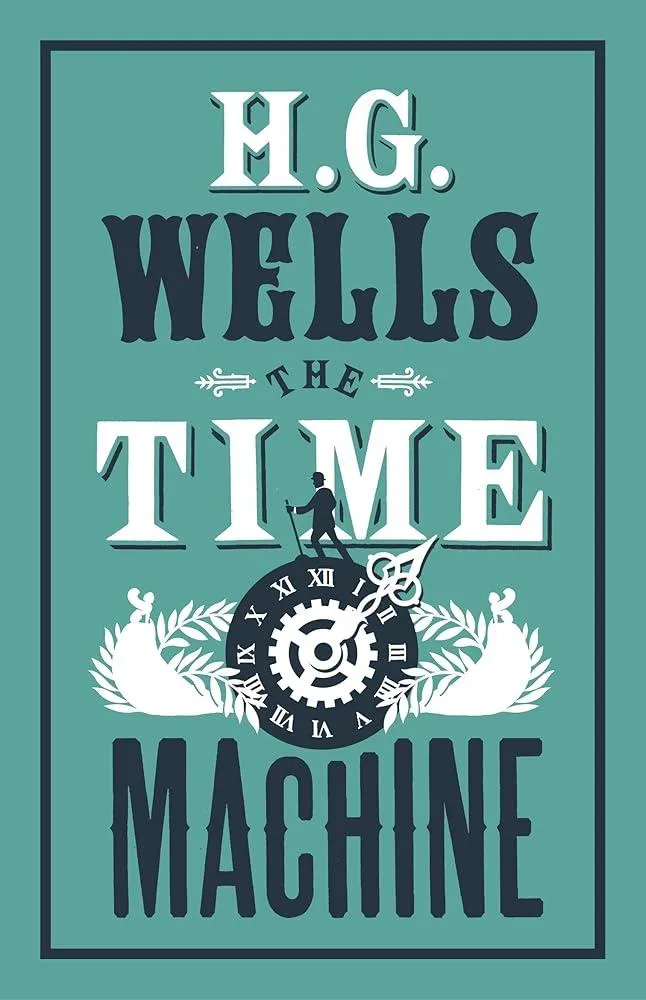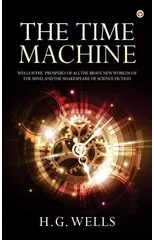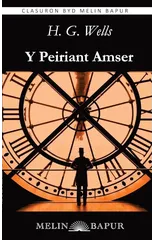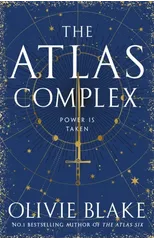A Victorian scientist and inventor creates a machine for propelling himself through time, and voyages to the year AD 802701, where he discovers a race of humanoids called the Eloi. Their gently indolent way of life, set in a decaying cityscape, leads the scientist to believe that they are the remnants of a once great civilization. He is forced to revise this assessment when he comes across the cave dwellings of threatening ape-like creatures known as Morlocks, whose dark underground world he must explore to discover the terrible secrets of this fractured society, and the means of getting back to his own time. A biting critique of class and social equality as well as an innovative and much imitated piece of science fiction which introduced the idea of time travel into the popular consciousness, The Time Machine is a profound and extraordinarily prescient novel.
H.G. Wells
H.G. Wells was a prolific English writer best known for his science fiction novels. His most notable works include "The War of the Worlds," "The Time Machine," and "The Invisible Man." Wells' writing style was characterized by his imaginative storytelling, social commentary, and exploration of scientific concepts. He is often credited with popularizing the science fiction genre and influencing future writers in the field. "The War of the Worlds" remains his most famous work, depicting a Martian invasion of Earth and exploring themes of imperialism and the resilience of humanity. Wells' contributions to literature have had a lasting impact on the genre of science fiction and continue to be celebrated to this day.











